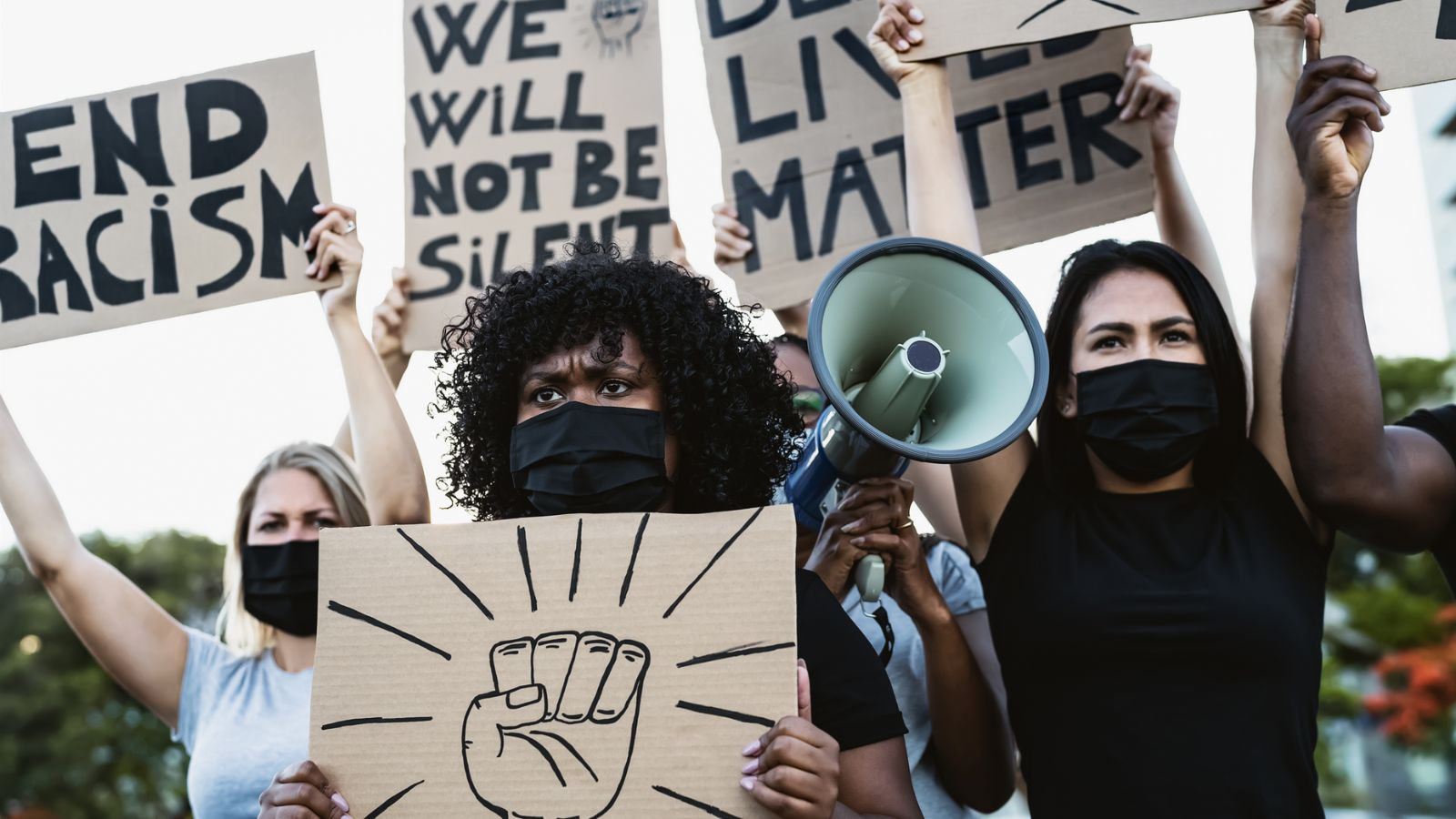It’s no secret that the generational gap between millennials and Boomers is growing wider by the day, whether it’s outdated opinions, dismissive attitudes, or a lack of understanding. Millennials are finding it harder to relate to boomers, and here’s a deep dive into why this patience is wearing thin.
Outdated Views on Work-Life Balance

Boomers grew up in a time when the 9-to-5 grind was the norm, and climbing the corporate ladder often meant sacrificing personal time. For millennials, who value work-life balance and mental health, this mindset feels outdated and irrelevant, and they struggle to understand why boomers are still so attached to this work ethic.
Misunderstanding of Mental Health

Mental health awareness has surged in recent years, but many older people still hold on to the belief that struggling mentally is a sign of weakness. Younger people, who have grown up with a better understanding of the importance of mental health, find this attitude not only frustrating but harmful.
Resistance to Technological Advancements

While some from the boomer generation have embraced technology, many are resistant to change, often criticising millennials for their reliance on it, while the millennial generation, which grew up during the tech boom, see technology as an essential part of life. They can’t understand why boomers would resist tools that make life easier.
Ignorance of Economic Challenges

Millennials are dealing with skyrocketing costs and an unstable job market.Often failing to grasp the economic realities that younger folks face, such as student debt, housing affordability, and job insecurity, boomers grew up in a time when education was affordable, jobs were plentiful, and home ownership was within reach.
Environmental Apathy

Climate change is a pressing issue for the younger generation, which will bear the brunt of its effects in the coming decades; however, many older people appear indifferent or sceptical about environmental concerns, often downplaying the urgency of the crisis. This lack of concern infuriates millennials, who see it as a refusal to acknowledge the mess that previous generations have left behind.
Dismissive Attitude Towards Social Justice

Deeply invested in social justice issues, from LGBTQ+ rights to racial equality, millennials are different to boomers who seem to be stuck in a time when these topics weren’t as openly discussed. When boomers dismiss these issues as “overblown” or “unimportant,” it comes across as insensitive.
Unwillingness to Address Privilege

Privilege—particularly around race, gender, and economic status—is a concept that many of the boomer generation struggle with or outright deny. Millennials, who are more aware of systemic inequalities, find this denial frustrating, as the refusal to acknowledge privilege and its impact on society makes it difficult for millennials to have meaningful conversations.
Inability to Adapt to Cultural Shifts

Cultural norms are constantly evolving, but many of the older generations cling to the values and practices of their youth, often refusing to adapt to new ways of thinking. This rigidity can be alienating for younger people, who are more open to change and progress.
Nostalgia for a Simpler Time

Boomers often reminisce about the “good old days” when life seemed simpler and more straightforward. However, this nostalgia can be frustrating for millennials, who see it as a refusal to engage with the complexities of the modern world, not to mention the idealisation of the past.
Expectation of Gratitude

A lot of older people believe that millennials should be grateful for the opportunities they’ve been given, often overlooking the struggles that come with them. Whether it’s access to higher education or technology, boomers sometimes fail to recognise that these “advantages” come with their own set of challenges, such as debt and burnout.
Refusal to Accept Changing Family Dynamics

Family dynamics have evolved significantly, with people these days often prioritising different aspects of life compared to older, more traditional people. Choosing not to have children, delaying marriage, or redefining traditional gender roles are all a part of millennials forging new paths, while boomers struggle to accept these changes.
Disregard for Work Passion

Nowadays, the millennial generation is driven by passion and purpose in their work, seeking jobs that align with their values and interests, which can seem strange to the boomer generation which was more focused on job security. Sometimes, they dismiss this pursuit of passion as impractical or naive.
Criticism of Lifestyle Choices

Millennials have made different lifestyle choices compared to previous generations, such as prioritising experiences over material possessions or choosing to live in urban areas rather than suburbs. Boomers, who often value traditional measures of success like home ownership and financial security, may criticise these choices as irresponsible.
Unyielding Opinions on Marriage and Children

Many young people no longer see marriage and children as the ultimate goals, and they are more likely to delay or forgo these milestones altogether. Older people, who often view marriage and children as essential life achievements, may struggle to understand this shift.
Lack of Empathy for Modern Struggles

The challenges millennials face today are vastly different from those of previous generations, yet boomers often show little empathy for these struggles. Whether it’s working your way around a gig economy or dealing with a mental health crisis, younger folks often feel like their concerns are met with indifference.
Perception of Entitlement

It’s common for the boomer generation to frequently accuse younger generations of being entitled, expecting rewards without putting in the work; however, millennials see this as a misunderstanding of their desire for fairness and balance. They’re not asking for handouts, they’re asking for a system that doesn’t require them to sacrifice their well-being for success.
Difficulty in Embracing Diversity

Diversity and inclusion are core values for millennials, who celebrate differences in race, gender, sexuality, and culture, while boomers—who grew up in a less diverse environment—sometimes struggle to fully embrace this diversity. It could be failing to understand pronouns or being uncomfortable with discussions about race.
Reluctance to Learn New Skills

The rapid pace of technological and social change means that everyone needs to keep learning, but many old people are resistant to this idea. Whether it’s learning new software or understanding modern social issues, boomers who refuse to keep up can be seen as out of touch in the eyes of millennials who are accustomed to continuous learning.
Glorification of Hardship

While millennials acknowledge the challenges boomers faced, they feel that constantly comparing struggles is unhelpful. Millennials are more interested in finding ways to overcome obstacles together rather than engaging in a competition of who had it worse, and this glorification of hardship feels like an unnecessary barrier to progress.
Resistance to Social Change

Social change is happening rapidly, including gender equality and racial justice, and young people are at the forefront of these movements. Many of the older generation, however, resist these changes, often citing tradition or personal discomfort as reasons.
Dismissal of Online Activism

And lastly, for millennials, online activism is a powerful tool for creating change, raising awareness, and building communities. Boomers, who may be less familiar with digital platforms, often dismiss online activism as “slacktivism” or meaningless, and this dismissal overlooks the real impact that digital campaigns can have.







